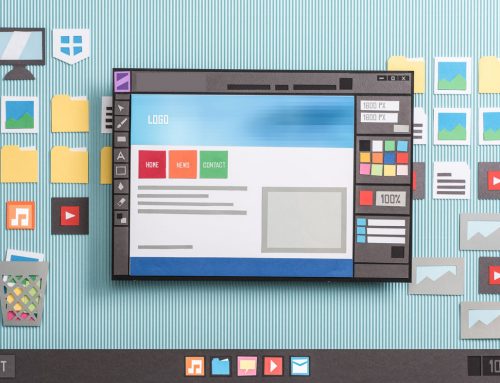Modern companies continually have to change as they grow, resulting in their software also having to change. As companies grow, management processes become more complex and existing software solutions become obsolete. In most cases the problem lies not with the ability of the software in its specific tasks but rather in the lack of their ability to integrate across the organisation.
Growing businesses are tempted by fully integrated Enterprise Resource Planning solutions. One of the main benefits of using ERP solutions is that they are generally much better at sharing data across different business disciplines. However, ERP systems can also be expensive to implement. Companies inevitably have to change their business structures and processes to suit the new ERP software modules. The cost of implementing ERP solutions is often way over budget; existing staff need to be retrained in the new software and additional skilled staff employed, which adds to the company’s overheads and complexity.
For some companies, a better solution is to integrate the existing software applications, be they accounting, estimating, pricing, Customer Relationship Management, or even applications developed on spreadsheets. Integrating these business applications improves data communication without the additional costs of complex ERP solutions. A mix of software applications has additional benefits, as the company can then select the best applications for their specific needs. For example, a construction company may need a simple accounting package but a more specialised estimating package.
In conclusion, software integration can be a more cost effective and efficient method of improving software systems than moving the entire business to an ERP solution.
Article by Duncan Stainer





